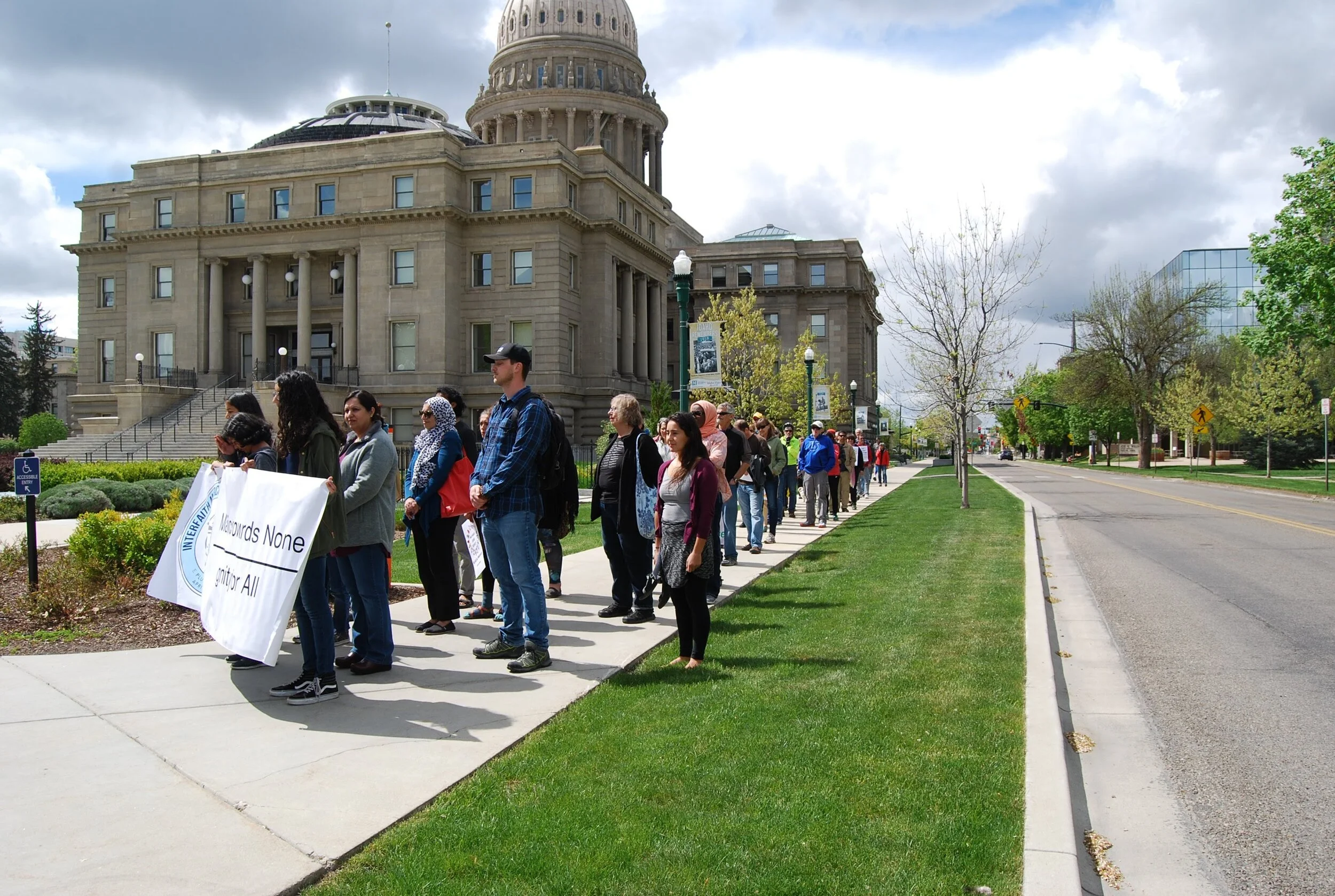Why Religious Freedom is One of the Most Important Global Issues We Face (Part One)
by Rick Love
“Is freedom of religion a liberal political agenda or is it a biblical mandate?” The middle-aged man sitting across from me asked this question intently in response to my comments on the role of religious freedom in peacemaking. I smiled and said, “Good question.”
I appreciate his question because the most famous human rights document - the Universal Declaration of Human Rights - is written in purely secular terms. Here’s how freedom of religion is described in Article 18:
Everyone has the right to freedom of thought, conscience and religion; this right includes freedom to change his religion or belief, and freedom, either alone or in community with others and in public or private, to manifest his religion or belief in teaching, practice, worship and observance.
As I will argue in a series of blogs, I think Article 18 of the Universal Declaration of Human Rights has a robust biblical foundation. I also believe that freedom of religion is a massively important global peacemaking issue.
I have to admit that there are no commands about freedom of religion in the Bible. But we are called to imitate God and obey His commands (Ephesians 5:1; 1 John 5:3).
So here are four reasons why I believe freedom of religion is a biblical mandate.
1. God gave Adam and Eve freedom to either obey or not obey His commands (Genesis 1-3). Because God wanted them to choose to love and obey Him, He gave them freedom of choice. True relationship demands freedom to choose. We need to imitate God by giving people freedom to choose.
So freedom of religion is based on the creation story.
2. Jesus repeatedly called people to follow him. But he gave people freedom to choose. Some followed him and others didn’t. In one of the most poignant moments in the gospels, it says that Jesus felt love for the rich young ruler who decided he would not follow Jesus (Mark 10:21ff). Jesus demonstrated a love that gave people freedom to accept or reject him. We need to imitate Jesus by giving people freedom to choose.
So freedom of religion is based on the life of Christ.
3. Jesus said, “So in everything, do to others what you would have them do to you, for this sums up the Law and the Prophets" (Matthew 7:12). Surely everyone wants freedom to follow their conscience without coercion. I sure do! We must grant to everyone the same thing that we desire. We need to obey this command summarizing the ethical demands of the Law and the Prophets.
So freedom of religion is based on the golden rule.
4. Jesus said one of the greatest commands is to “love your neighbor as yourself” (Mark 12:31). The standard for love in this command is the phrase, “as yourself.” In other words, love means that I treat my neighbors just how I want to be treated. I want the freedom to worship and the protection to worship. This then is what I would want for my neighbor.
So freedom of religion is based on the love command.
In light of these four reasons, do you think advocating for freedom of religion is a priority for a follower of Christ? I would love to hear your comments and concerns.
This blog is part one of a series on freedom of religion. If you're interested in learning more, see this post on Muslims, human rights, and human wrongs.










